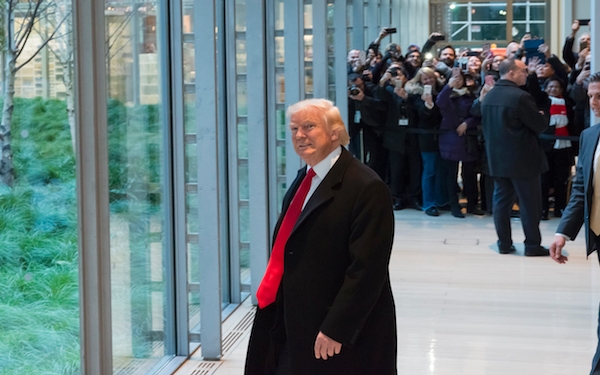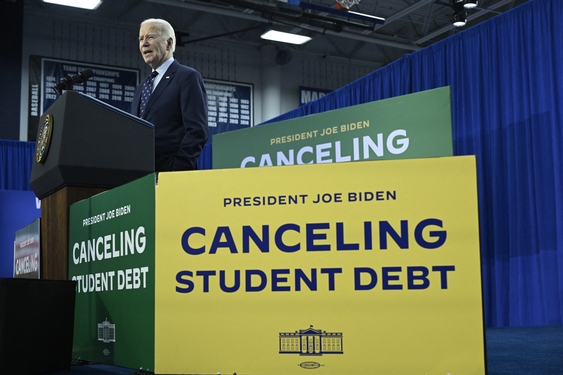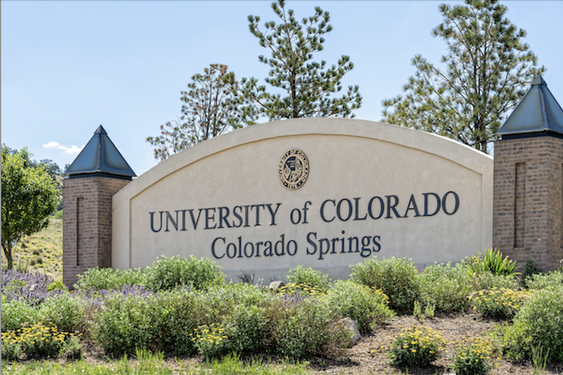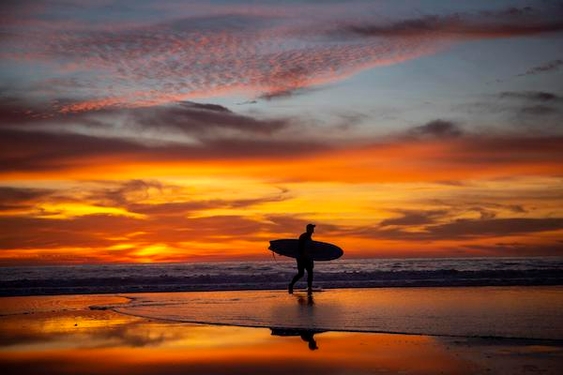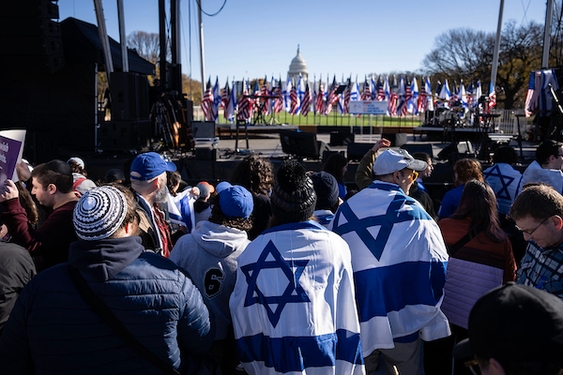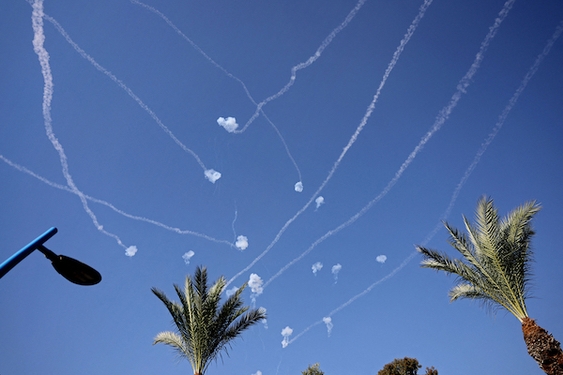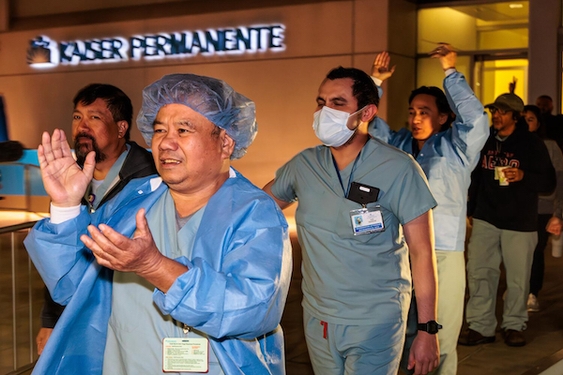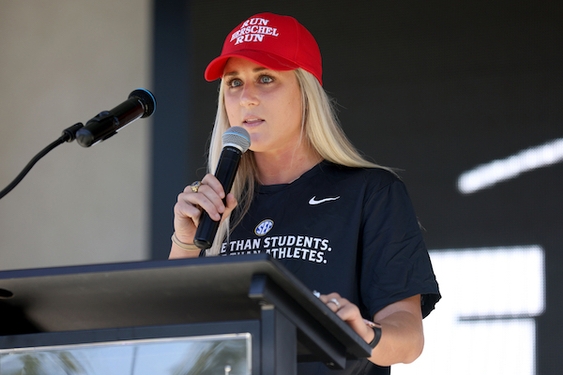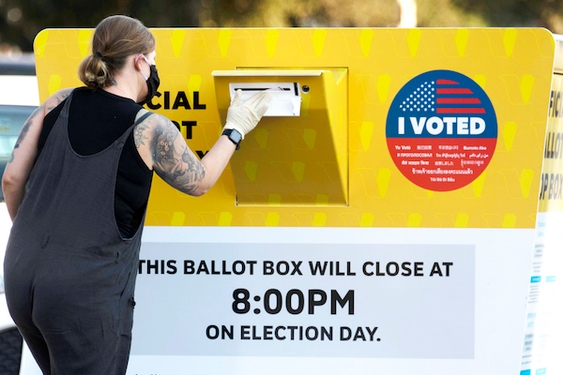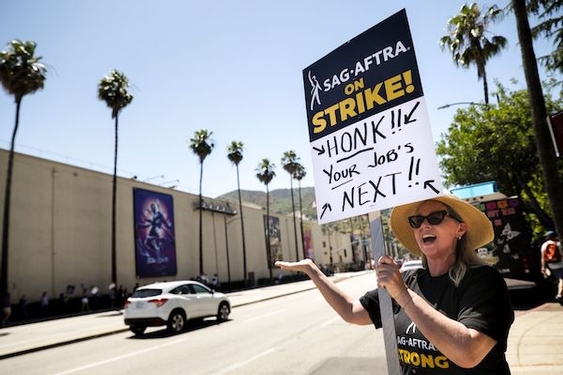In the scarcely two weeks since Donald Trump’s surprise victory over Hillary Clinton, he and Russian President Vladimir Putin have spoken at least twice by phone.
Their aides have had additional contacts.
That’s more contact than Trump is known to have had with any other world leader since he defeated Clinton in the Nov. 8 election. But it is a concrete display of what many predicted would be a reversal in the standoffish relations between the two nuclear powers should Trump win election.
Russian news outlets reported Wednesday that Trump and Putin already are negotiating how Russia and the United States will act in the Middle East next year.
Putin cultivates an image as a stern-faced tough guy with a black belt in judo who rides horses bare-chested and exiles political foes. But it appears he can hardly contain his joy at Trump’s ascension to the presidency.
Putin discussed his most recent talk with Trump at a briefing in Lima, Peru, on Sunday.
“The president-elect confirmed he is willing to normalize Russian-American relations,” Putin told reporters. “I told him the same.”
Putin said he and Trump had not set a date for a personal summit, but he noted that their representatives will be meeting soon.
At a meeting of the 21 member nations in the Asia-Pacific Economic Cooperation group, Putin also met with President Barack Obama, inviting him to Moscow after he leaves the White House.
Putin, however, noted the two countries’ ties have been strained under Obama.
“We acknowledged that despite the fact that our dialogue was not easy — if truth be told, it was difficult to work with each other,” Putin said.
Clinton was part of the reason for the worsened relations, regularly criticizing Putin’s actions at home and abroad when she was secretary of State from 2009 to 2013.
Since the 1917 Russian Revolution put Soviet communists in power in Moscow, two U.S. presidential candidates have rarely expressed more disparate views about Russia than did Trump and Clinton during their brutal, divisive campaign.
Clinton repeated denunciations of Putin for intervention in Ukraine and Syria, and for oppression at home. She joined U.S. intelligence agencies in blaming Russia for the computer hacks that resulted in the publication of thousands of embarrassing emails from the Democratic National Committee and in accusing Russia of trying to interfere in the U.S. election.
Trump, on the other hand, praised the Kremlin chief as a strong leader and vowed that as president he would work with Putin to defeat Islamic State militants in Syria. He cast doubt on Russia’s role in the email hacks.
Within hours of Trump’s election victory two weeks ago, Putin was one of the first world leaders to call and congratulate him. “He spoke about resuming and restoring relations with Russia,” Putin said afterward on Russian national television.
After their most recent talk, on Nov. 14, the Kremlin said in a statement that they had discussed the need for “joint efforts against common enemy No. 1 — international terrorism and extremism.”
On Wednesday, Russian officials continued to push the line that Trump would lead to better, more cooperative relations between the two nations. Kremlin spokesman Dmitri Peskov said that Russia wants ties with the United States “to return to a constructive course,” adding “it would be hard to make them worse.”
He voiced support for Trump’s own disparagement of the “reset” with Russia that Clinton had promoted in 2009 after becoming secretary of State with a symbolic red button that she gave Foreign Minister Sergei Lavrov, her Russian counterpart.
“As for a reset, we can only agree with the president-elect because this word has embarrassed itself, since the consequences of that reset are not the ones we would like to see,” Peskov said.
Peskov’s comments came as The Wall Street Journal reported Wednesday that Donald Trump Jr., the president-elect’s eldest son, had held private discussions in Paris last month with about 30 diplomats, business leaders and politicians who support Putin, including several who have close ties with the Kremlin.
Among them was Syrian-born Randa Kassis, who leads a Russia-backed Syrian opposition group that is not demanding the immediate ouster of Moscow ally President Bashar Assad. She told the Journal she’d pressed the younger Trump to work with Russia to help defeat the Islamic State.
“We have to be realistic,” Kassis was quoted as saying. “Who’s on the ground in Syria? Not the U.S., not France. Without Russia, we can’t have any resolution in Syria.”
Some of Putin’s domestic critics have expressed dismay at Trump’s election, suggesting it would embolden the Kremlin leader.
“Winter has come,” tweeted chess champion Garry Kasparov, who published an anti-Putin book earlier this month called “Winter is Coming.” In a separate tweet, he called Putin “Trump’s idol.”
———
©2016 McClatchy Washington Bureau
Visit the McClatchy Washington Bureau at www.mcclatchydc.com
Distributed by Tribune Content Agency, LLC.


